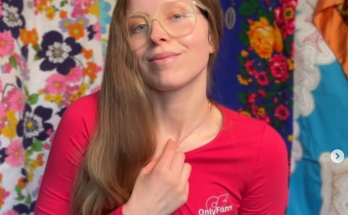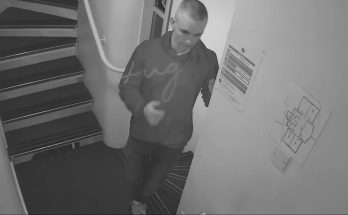What if a simple act of affection could change your life forever? For one young family, a routine display of love resulted in a shocking medical ordeal that few could have predicted. When two-year-old Juwan was kissed by an acquaintance, no one imagined that this small gesture would lead to severe consequences for his eyesight. This story serves as a stark reminder of the hidden dangers that can lurk in everyday interactions and the profound impact they can have on the most vulnerable among us. Read on to uncover the details of Juwan’s journey, the unexpected twist brought on by a common virus, and the important lessons all parents can take from this harrowing experience.
The Incident
It began with a kiss, a common enough expression of affection that no one in Juwan’s family could have suspected would lead to disaster. During a casual gathering, a family friend, unaware of carrying the herpes simplex virus, affectionately kissed two-year-old Juwan near his eye. This seemingly harmless act, performed countless times across cultures as a way of showing love and warmth to little ones, was tragically different.
Within days, Juwan’s eye became red and irritated, initially dismissed as a minor infection treatable with routine care. However, the situation rapidly deteriorated, betraying the seriousness of what was truly unfolding. Juwan’s eye developed severe swelling and a blister that ominously pointed to something far more dangerous than a simple eye infection. His parents, initially perplexed by the worsening symptoms, would soon learn that their son was grappling with the formidable herpes simplex virus, which had invaded the delicate tissues of his eye.
As the infection progressed unchecked, it caused significant damage to Juwan’s cornea, leading to a loss of sensation and profound vision impairment. The doctors’ attempts to control the infection with antivirals were valiant but ultimately could not reverse the damage already done. The once benign gesture of a kiss had spiraled into a catastrophic event, placing young Juwan at the center of a medical and emotional maelstrom.
Medical Complications
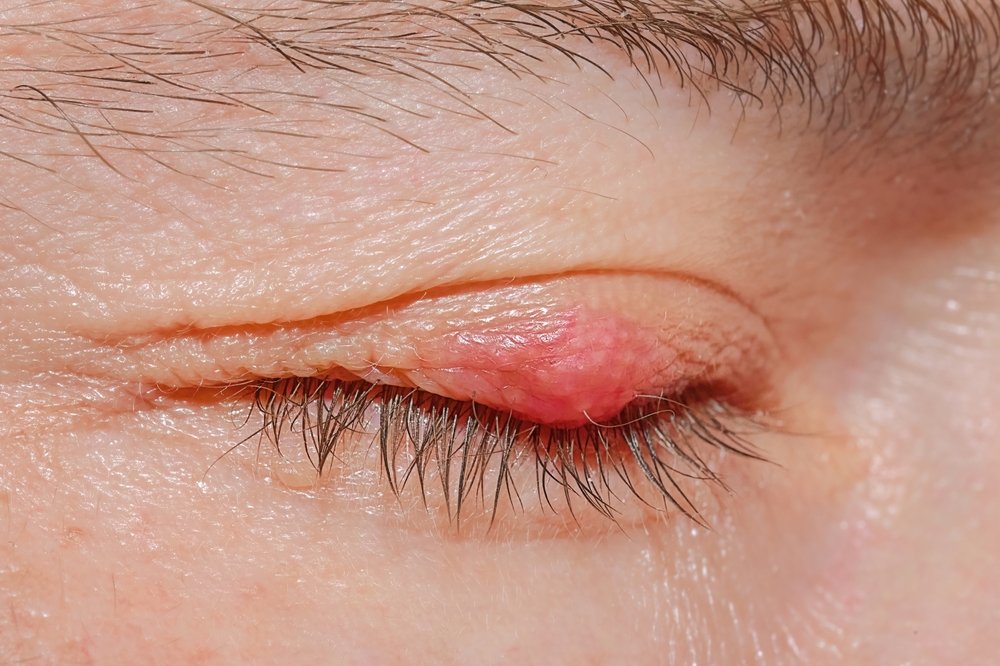
The initial signs of discomfort in Juwan’s eye quickly escalated into a serious medical condition that puzzled his healthcare providers. Despite the application of standard treatments such as antibiotics and antiviral medications, Juwan’s condition worsened, signaling a rare and severe manifestation of the herpes simplex virus in his eye. The virus, typically known for causing cold sores around the mouth, had formed a blister directly on Juwan’s cornea, an uncommon and particularly perilous location.
The blister resulted in a 4mm hole in his cornea, the clear, protective outer layer of the eye. This perforation not only jeopardized the structural integrity of the eye but also opened the door to multiple secondary infections. Each new infection introduced more complexity to his already delicate condition, requiring a battery of stronger medications and more aggressive interventions.
As the virus ravaged his cornea, it caused extensive scarring and led to the deterioration of sensory nerves within the eye. This nerve damage resulted in a tragic outcome: Juwan lost all feeling in the eye, rendering him completely blind in that eye. The loss of sensory input meant that his brain no longer recognized signals from the affected eye, compounding his loss of vision with neurological disconnection.
The situation reached a critical point where traditional medical interventions could no longer salvage Juwan’s vision, and the focus shifted from restoration to preservation. The medical team prepared for a series of innovative surgeries, including a potential nerve transfer, to prevent further degradation of the eye’s condition and to lay the groundwork for a possible corneal transplant in the future.
Parental Reaction and Response
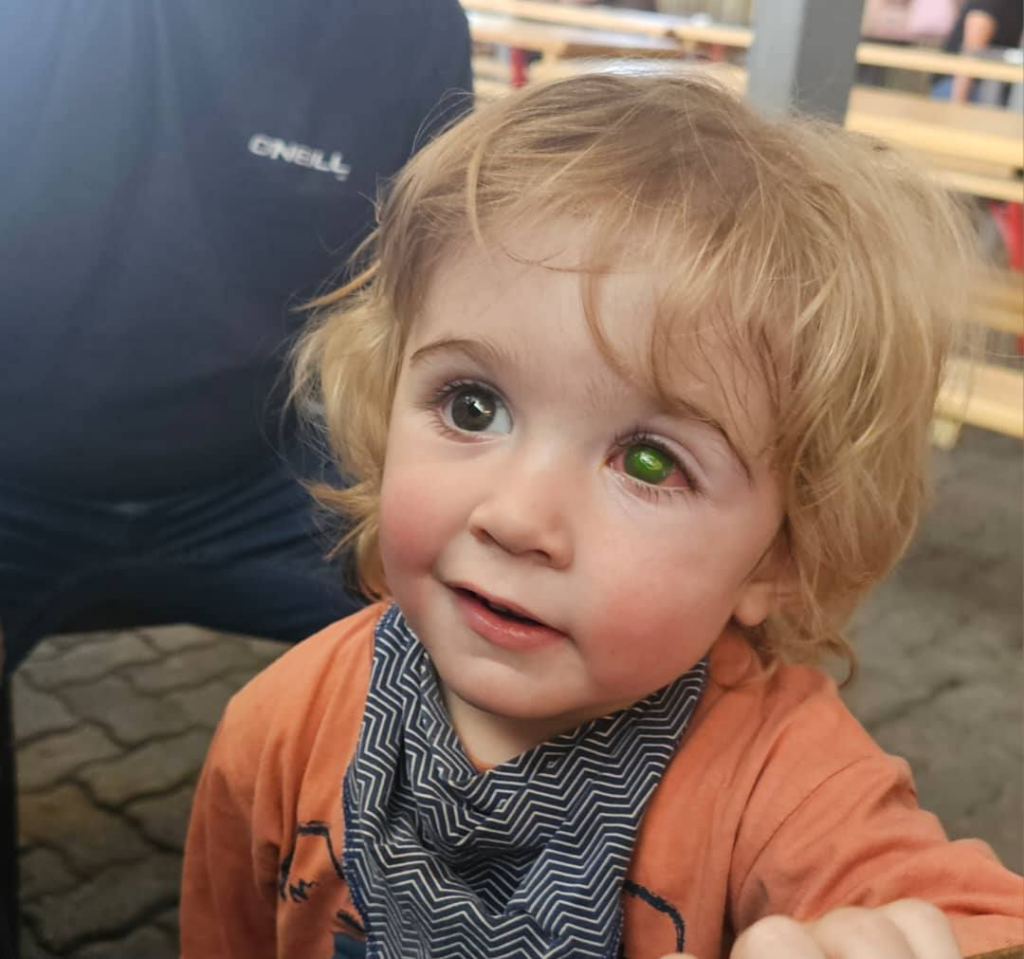
The devastating progression of Juwan’s condition was met with a mixture of disbelief, fear, and grief from his parents, Michelle and Neels Saaiman. Confronted with the stark reality that a simple kiss had led to such severe consequences, they grappled with a range of emotions that any parent would find unimaginable. Michelle Saaiman’s initial reaction was one of disbelief, as she recounted, “I was literally looking at the doctor wondering whether it’s April 1, because I thought it was an April Fool’s joke.”
As the reality set in, the emotional toll became apparent. Michelle described the ordeal as “the most traumatic experience,” particularly when faced with the visible damage to her son’s eye. “It’s the most traumatic experience to look at your baby, and literally see a 4mm open wound in his eye,” she shared on social media, illustrating the raw distress of watching her child suffer.
The couple’s anguish was compounded by frustration and anger toward the circumstances that led to Juwan’s infection. They could not fathom how an affectionate gesture from someone close could result in such a critical condition. As the treatment progressed and the severity of Juwan’s condition became evident, the Saaimans felt a profound sense of helplessness and sorrow. Michelle expressed this sentiment, saying, “It meant the brain did not recognize the eye anymore and stopped sending signals to the eye. The gel later protecting the eye evaporated and the eye dried out.”
Determined to prevent other families from experiencing similar heartbreak, Michelle became an advocate for awareness about the risks of viral transmission to infants. She urged other parents to establish boundaries regarding physical contact with their babies, emphasizing, “This is something that I’ve read a thousand times, but we’ve never really been too bothered about it — I mean, what’s the worst that can happen, right? Wrong. I was so wrong.”
Medical Insights on Herpes Simplex Virus
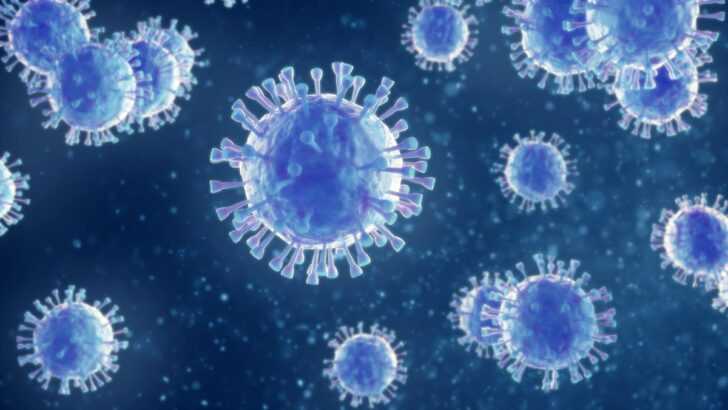
HSV is categorized into two types: HSV-1, primarily responsible for oral infections, and HSV-2, which typically causes genital herpes. Juwan’s case involved HSV-1, which, though commonly associated with non-threatening symptoms, harbored the potential for severe ocular complications. This virus is highly contagious and can be transmitted through direct contact with the infected area or even from saliva on the skin, explaining how a kiss could transmit the virus to Juwan’s eye.
Once HSV enters the body, it travels along nerve pathways and may lie dormant until triggered by factors such as stress, illness, or immune suppression. In Juwan’s situation, the virus targeted the eye, an occurrence known as herpes simplex keratitis. This condition is particularly dangerous because it can quickly lead to scarring of the cornea and, if left untreated, can cause permanent blindness, as sadly demonstrated in Juwan’s case.
The medical community emphasizes that while most people with HSV-1 may never experience significant health issues, the virus is unpredictable and capable of causing severe outcomes in vulnerable populations, such as newborns and those with weakened immune systems. Dr. Elizabeth Hartnett, a pediatric ophthalmologist, notes, “Herpes simplex virus can be a significant pathogen in children. It’s crucial that people understand the potential severity of this virus, particularly when it comes to eye health. Vigilance and immediate treatment are key to managing outbreaks, especially in young children.”
Herpes simplex keratitis is treatable if caught early, typically with antiviral medications that can help control the outbreak and reduce the likelihood of recurrence. However, the effectiveness of these treatments depends heavily on prompt diagnosis and intervention, underscoring the importance of quick medical response when symptoms arise.
Preventative Measures
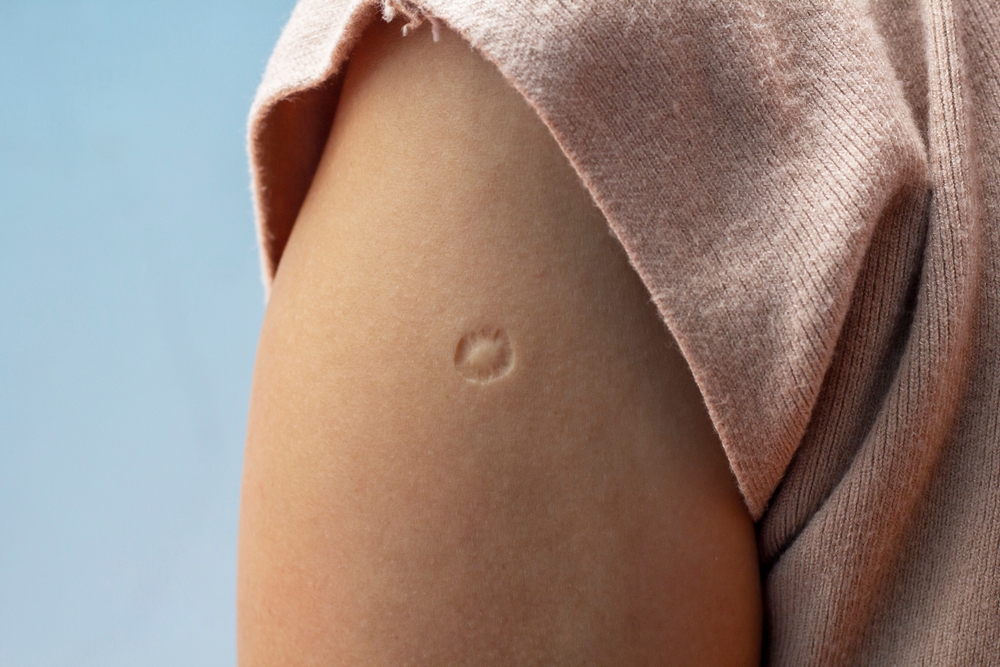
In light of the severe consequences that arose from a simple act of affection in Juwan’s case, it becomes imperative for parents and caregivers to implement preventative measures to protect infants from similar risks. Understanding the ways in which the herpes simplex virus can be transmitted is the first step in guarding against its potentially devastating impacts.
- Limit Physical Contact: Parents should be cautious about who comes into close contact with their newborns, particularly during the first few months of life when their immune system is still developing. It’s advisable to avoid kisses, especially near the baby’s face and hands, which they often put in their mouth.
- Hygiene Practices: Good hygiene is crucial in preventing the spread of infections. Washing hands thoroughly before handling a baby can significantly reduce the risk of transmitting viruses and other pathogens. Caregivers and visitors should be encouraged to wash their hands frequently, and hand sanitizers should be readily available around the home.
- Educate Family and Friends: Many people are unaware of the risks associated with transmitting oral herpes and other infections to infants. Educating family members and friends about these risks can help them understand why it’s important to avoid kissing babies or touching their faces.
- Recognize Symptoms Early: Familiarity with the early signs of herpes infection, such as redness, blistering, or irritation around the eyes, lips, or other parts of the face, can prompt quicker medical intervention. Early diagnosis and treatment can prevent more severe outcomes.
- Consult Healthcare Providers: Regular check-ups with a pediatrician can help ensure that any signs of infection are identified and managed promptly. Parents should feel empowered to discuss any concerns about infections or virus exposure with their child’s doctor.
- Create Awareness: Sharing stories like Juwan’s can raise awareness about the risks associated with common viruses like HSV. Awareness campaigns and educational materials can help spread knowledge about how to prevent virus transmission to infants.
Protecting Our Youngest from Invisible Threats
The ordeal faced by Juwan and his family is a powerful reminder of the fragility of infant health and the unexpected dangers that can arise from everyday interactions. While the herpes simplex virus is common and often harmless to most, its impact on an infant can be profound and life-altering, as seen in this heart-wrenching story. This case not only highlights the need for increased awareness and understanding of how such viruses operate but also stresses the importance of preventive measures to safeguard our children.
As we reflect on Juwan’s journey, it becomes clear that knowledge, vigilance, and preventive actions are our best tools in protecting the health and well-being of the youngest members of our society. By embracing these strategies, we can prevent similar incidents and ensure that our gestures of love and affection do not unintentionally harm those we care about the most.
Parents, caregivers, and loved ones must take this story to heart, recognizing that their role in an infant’s life comes with the responsibility to act wisely and cautiously. Let this narrative serve as a call to action for all who interact with young children — to love wisely, to care thoughtfully, and to protect relentlessly.
